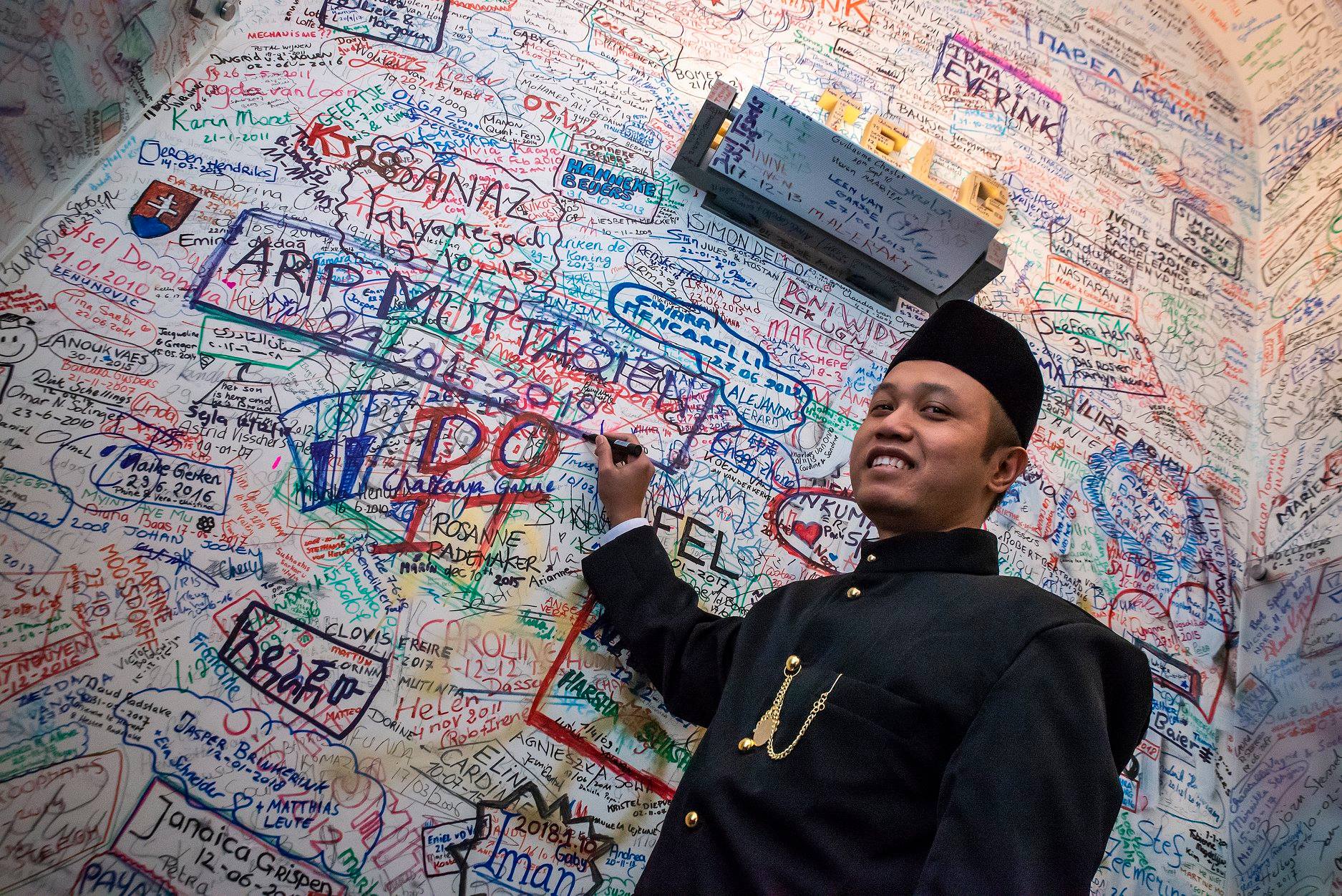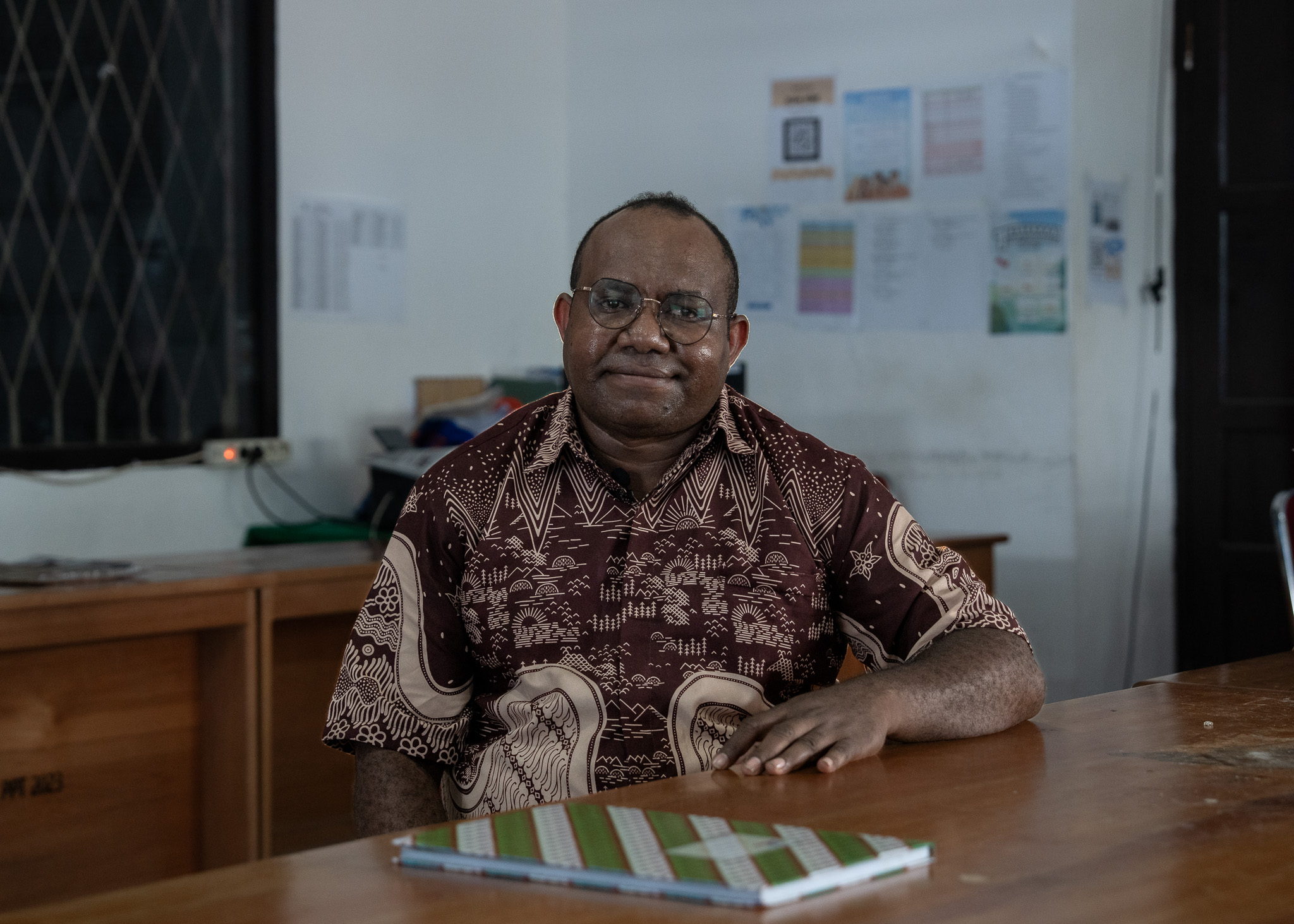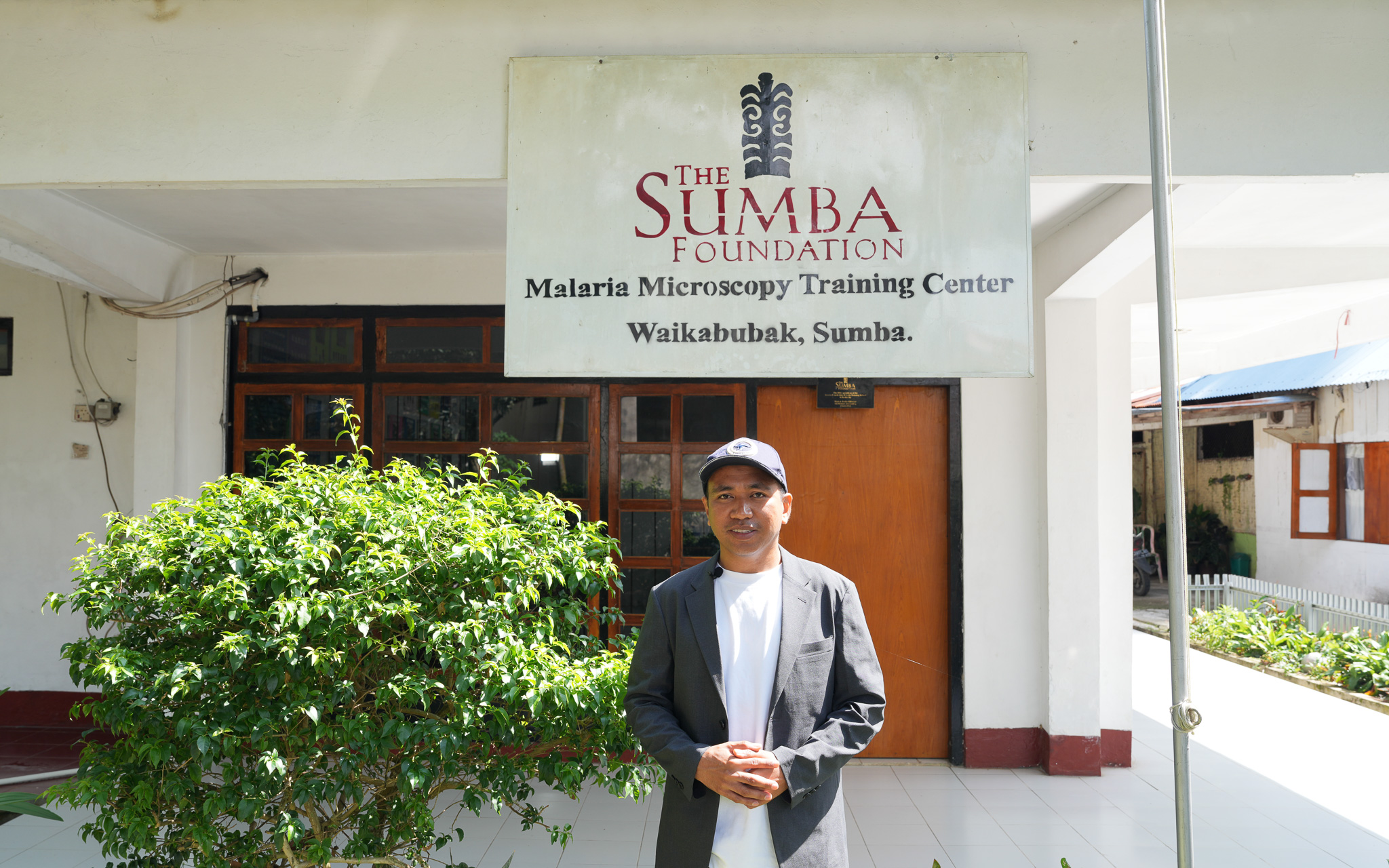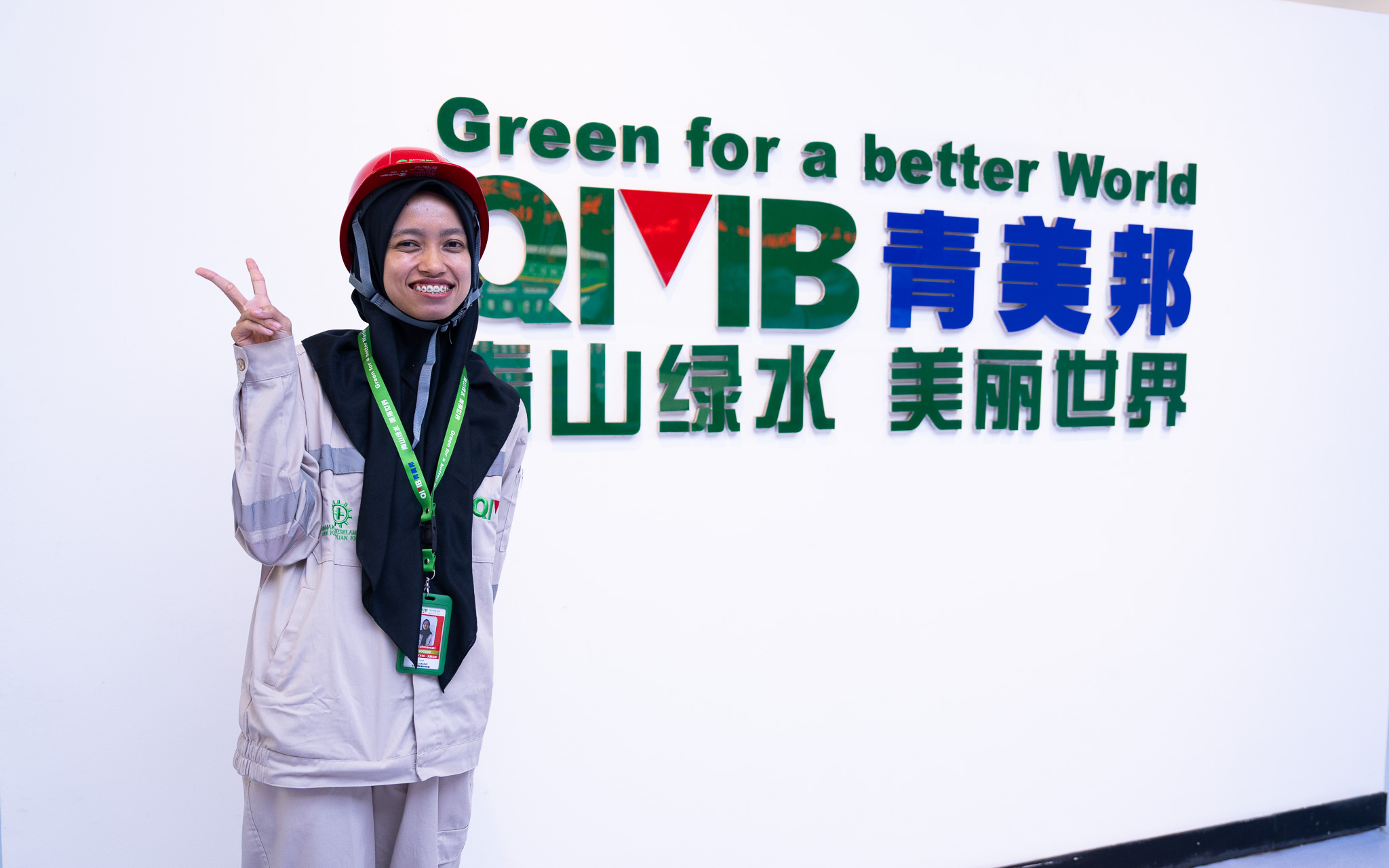Amidst Indonesia's leadership role in ASEAN 2023, the country has been engaged in various international agendas attended by government officials and heads of member states. The recent agenda was the 43rd ASEAN Summit held in early September, with the participation of 22 countries, including ASEAN members, partner countries, and invitees.
The Indonesian chairmanship in ASEAN 2023 led to numerous significant outcomes, such as commitments to establish an ASEAN electric vehicle ecosystem, launching negotiations for the ASEAN Digital Economy Framework Agreement (DEFA), enhancing energy and food/nutrition resilience, promoting the use of Local Currency Transaction (LCT), advancing cooperation under the ASEAN Outlook on Indo-Pacific (AOIP), maximizing protection for migrant workers, fostering gender equality and family development, nurturing commitments to early childhood education, and strengthening strategic cooperation with partner countries.
Amidst the bustling activities within ASEAN, there is one LPDP scholarship alumnus from the first generation who works at the ASEAN Secretariat. His name is Arip Muttaqien. At the Secretariat, Arip, as he is commonly called, is part of the ASEAN Economic Community (AEC) Department. AEC is one of the three pillars of ASEAN Community, alongside the ASEAN Political-Security Community (APSC) and ASEAN Social-Cultural Community (ASCC).
Arip's role involves coordination and monitoring initiatives in the economic field, reporting them from technical levels to senior officials, ministers, and national leaders.
"Most of the tasks here revolve around coordination. It starts from the technical level, from the bottom to the high-level policy issues with ministers and national leaders," Arip mentioned during an interview amid his busy schedule.
The recent ASEAN Summit saw the AEC Council engaging with economic ministers from member countries. One significant output was the initiation of negotiations for the ASEAN DEFA, aiming to support the digital economy transformation covering e-commerce, digital talent mobility, digital ID, cybersecurity, cross-border payments, and more.
The anticipated impact of the digital economy following the DEFA implementation could significantly boost its contribution to the ASEAN GDP (Gross Domestic Product). Discussions surrounding this potential need to consider governance frameworks to accelerate growth while protecting entrepreneurs.
"Based on the study results, the digital economy currently contributes about 15 percent to the GDP, and by 2030, an expected leap of up to 30 percent is envisioned. In ASEAN, there could be a potential of up to two trillion US Dollars from the digital economy by 2030," Arip elucidated.
Besides focusing on the digital economy, AEC is also advocating initiatives for sustainable economic development. Insights from ministerial meetings include compelling initiatives such as the Blue Economy as one of Indonesia's economic priorities and the ASEAN Strategy for Carbon Neutrality to achieve net-zero emissions.
Arip's work doesn't solely specialize in economic matters but encompasses a more general scope, as he touches various sectors within the AEC scope, including trade, investment, services, finance, energy, ICT, transportation, food security, and more. His tasks require data handling and translating it into easily comprehensible reports at the ministerial level.
"If I may say, I'm more into coordination, so it's more of a generalist role. It's about collecting data from various sectors into a language that's easily understood, then analyzing it and reporting to technical working groups. When it comes to ministerial meetings, turning complex data into simplified language or presentations," Arip explained his role.
First Generation LPDP Scholarships
A decade ago, higher education scholarships for Indonesian students were born through the Ministry of Finance. Utilizing an endowment fund scheme, LPDP was appointed to manage and organize these scholarships.
Initial information about this auspicious news wasn't widespread initially. Arip was among those who heard about it through colleagues. Since early 2013, he began hearing about the Ministry of Finance planning to open a scholarship program managed under the Public Service Agency (BLU).
Amidst rumors, confirmation came from colleagues at his workplace. Arip then took the initiative to apply and undergo a series of selection processes, including a panel interview with four individuals. Approximately a month after completing the selection process, Arip received confirmation of his acceptance.
"I tried to apply, thankfully I got it. That's probably the initial story if you ask where I heard it from," Arip recalled.
Arip distinctly remembers becoming one of the total 60 people who passed the first LPDP scholarship generation. At that time, all awardees were gathered to receive various preparatory materials, known as the Pre-Departure Preparation (PK) in May 2013. Several training activities and seminars were held, inviting prominent figures and organizing outdoor activities.
"I remember the most memorable part was the outdoor activities. After that, we camped, if I'm not mistaken, for three nights, and there was a mountain climbing activity. The most interesting part was an event in the Thousand Islands, an event held on a ship at sea," Arip shared.
Arip chose Maastricht University for his master's studies in Public Policy and Human Development. His choice of the university in the Netherlands was driven by his desire to pursue further education in Europe, having previously completed a master's in economics in France. Additionally, the university collaborated with the United Nations University (UNU) and offered a double degree.
After researching its curriculum and programs, Arip found the program appealing for learning theoretical and technical aspects of public policy. This aligned with his previous work focusing on poverty, health, and education.
His thesis delved into the dynamics of poverty in Indonesia from 1993 to 2007, exploring significant contributing factors to changes in poverty rates. Continuing with the same LPDP scholarship, after completing his master's in 2014, Arip pursued a PhD in Economics and finished his studies in early 2019.

Arip's dissertation centered on the differences in wealth distribution (income inequality) among three countries contributing to almost 40 percent of the world's population: China, India, and Indonesia. Numerous factors affecting these disparities, such as demographic structures, labor systems, and more, were revealed.
Engineering Graduate with a Passion for Economics and Public Policy
Arip's career journey is equally compelling. He graduated in Industrial Engineering from the University of Indonesia in 2007. Typically, the career aspirations of engineering graduates revolve around the oil and gas sector or multinational corporations associated with it. Arip also shared these aspirations and applied for positions in related fields.
After trying various options, he was eventually accepted at MarkPlus, Inc., a multinational consulting firm based in Jakarta. After a year, Arip considered pursuing further studies. However, instead of continuing in the field of engineering, he became interested in studying economics at the Toulouse School of Economics in France. At that time, he received the Eiffel Scholarship from the French Ministry of Foreign Affairs.
"I remember, after finishing my undergraduate studies, my thesis advisor invited me to assess one of the poverty alleviation programs in one of the ministries. Since then, I became more interested in delving into issues related to development."
Returning from France in 2010, Arip joined Indonesia Mengajar, a social movement that sends educators across Indonesia.
Arip's thirst for learning led him to pursue a Master's in Public Policy and Human Development and a Ph.D. in Economics at the University-MERIT in the Netherlands. After returning from a campus affiliated with the United Nations, Arip assisted the Office of the Vice President and the National Team for Accelerating Poverty Reduction (TNP2K) for a year before embarking on his career at the ASEAN Secretariat, where he currently serves.
There's no regret in shifting focus from engineering. Instead, Arip gained broader perspectives, combining new knowledge from his master's and doctoral studies with his undergraduate engineering education.
"My undergraduate studies were in Industrial Engineering. So, then switching to economics, I found it interesting. If asked about how what I learned previously can be applied, maybe not directly, but it's about the mindset, logic, and systematic thinking. It's just a different case," he remarked.
Arip's varied career journey and studies stem from his interest and willingness to explore and seize opportunities. For him, every job can be learned, but it should be pursued with passion.
"My career is more towards a non-linear path. I've been in marketing, then education, poverty, and stunting, and now I'm back in economics, so more generalist," he summarized.
As a PK-1 and now working in the field related to public policy, Arip believes that the LPDP scholarship has made a tangible contribution by graduating thousands of students with master's and doctoral degrees. Pursuing higher education opens doors to various career options, expands one's horizons, and builds networks.
"In my opinion, higher education can broaden horizons and open many doors of opportunity. The extent to which these options are optimized depends on the individual," Arip emphasized.
Arip is confident that scholarships will benefit the country in the long run. Enhancing human resources will positively impact national productivity, fostering more innovations for collective prosperity.



